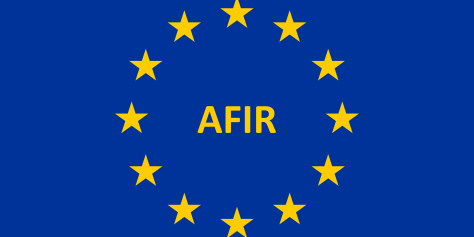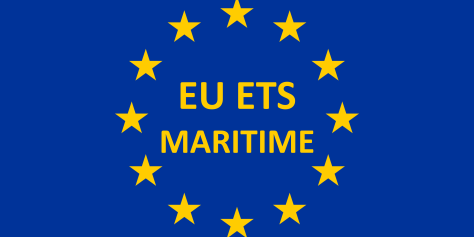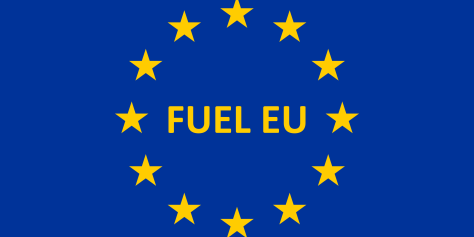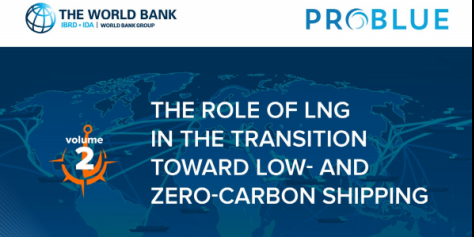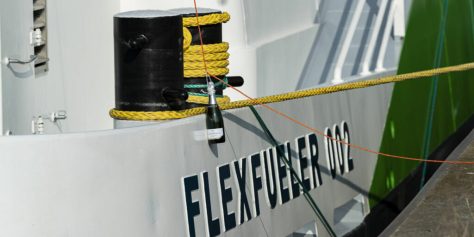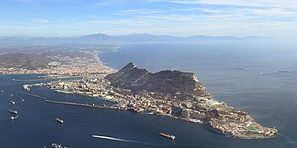REGULATION
International regulations (IMO), European, national and regional regulations regarding marine fuels and power supply in ports.
This initiative aims to ensure the availability and ease of use of a dense and widespread network of infrastructure for alternative fuels throughout the EU. All alternative fuel vehicle users (including ships and aircraft) should be able to move around the EU with ease, thanks to key infrastructures such as motorways, ports and airports.
The legislative proposal would include emissions from shipping in the current EU ETS. Emissions from the current ETS sectors (including the expansion to the maritime sector) should be reduced by 61 % by 2030, compared to 2005 levels, an increase of 18 percentage points from the current reduction level of 43 %.
New proposed European Regulation would impose a limit on the intensity of greenhouse gases ("GHG") of the energy used on board by a ship arriving, staying or leaving ports under the jurisdiction of an EU Member State. It would also force the use of onshore power supply or zero-emission technology in EU ports.
The report, financed by the World Bank, does not recommend the use of LNG as a marine fuel or the support of investments in LNG infrastructure, not only because it is not compatible in the long term with a goal of zero emissions but also denies its advantages as transition fuel.
During a webinar to celebrate the christening of the Titan LNG Flexfueler002 in the port of Antwerp, Audenaerdt said that many of the same questions related to LNG sourcing have been raised when conducting hydrogen hazard analyzes.
Shell has obtained an LNG bunkering license from the Government of Gibraltar, which will allow the oil company to develop a range of LNG bunkering services in Gibraltar. Operations will be carried out STS in the Bay of Algeciras.

